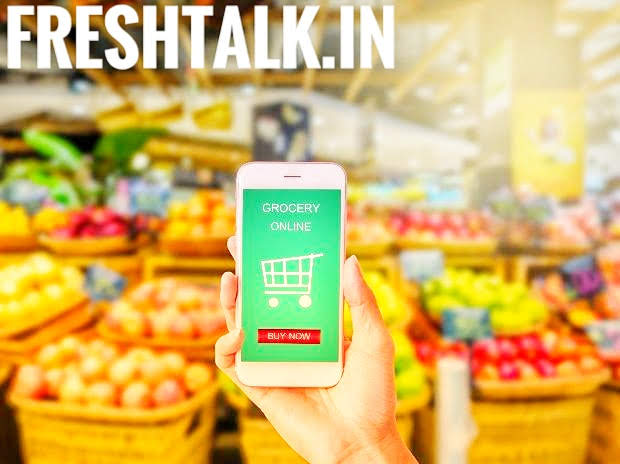We have all passed the 21 days lockdown successfully but, Prime Minister Narendra Modi in his address to nation on Tuesday stated that the lockdown shall extend till May 3, as the coronavirus cases in the country continue to accelerate. Now, there are almost couple of more weeks for the lockdown to get lifted up but, the question is will the things go back to normal? Will the post COVID-19 world would be same as before? Sadly, the answer is no because the virus has terrified the people way too much. A reporter from China, Wuhan in particular reported through her twitter handle that there’s a shift in consumer behaviour, as the places emerge after a long lockdown but there are no people eating out in restaurants or visiting malls or gardens because, people are afraid as well as cautious.
However, in India also lives are going to change after the lockdown is over. Still many things have changed especially the way we shop, online shopping and home deliveries are the signs of change. From fashion to grocery everything is being purchased online during this quarantine season and according to the supply chain experts and e – commerce pundits’ there is a huge rise in online orders and expectedly it is going to pickup pace. After the last lockdown many companies have tied up with various delivery services for the first time to deliver essential items to the consumers. Yulu has partnered with several e- commerce companies like BigBasket, Licious and Medlife to deliver essential goods to the people staying indoors, food delivery apps like Zomato and Swiggy have collaborated with Marico Ltd to deliver its cooking oils and other products, Zomato will now bring essential items for delivery from nearby stores and shops. Britannia India has partnered with Dunzo app to deliver its wide range of biscuits, ghee and dairy whitener meanwhile, ITC has tied up with Domino’s Pizza app for the delivery of its essential food items. However, according to the experts the new collaborations started during this crisis will work as a single delivery app providing numerous services.
Well, there is adoption of new habits during the crisis, according to the e – commerce experts the home delivery of essentials will no longer be a choice, it will be a compulsion and it will be offered as a privilege for staying indoors and following orders to prevent the spread of virus. Apps like Zomato, Swiggy, BigBasket and Grofers have seen a huge hike in home deliveries; they had to hire delivery workers to fulfil the deliveries of essential goods. These apps are profiting without spending any money in market, but looking at the current situation there are problems as the supply is constrained. Zomato has come up with Zomato market and it is likely to continue as it has a huge customer base and customer trust which makes it likely to flourish in future also, no one likes to wait for billing and long checkout queues at supermarkets and retail stores.

According to the experts, there is another aspect of doorstep delivery. E-commerce companies can face a disruption as the customers are not very friendly with online payment modes and they value the touch and feel of the product, the brand that deliver safety and hygiene will win. The home delivery of essentials items through e – commerce portals have proved to be a threat for offline companies and general kirana stores. However, the lockdown and coronavirus crisis is a huge opportunity and profit time for e – commerce companies, there are new partnerships, collaborations, fund raisings and merging of companies which is setting up the market.
With all the benefits and home deliveries there are challenges too. India being a small – town country there are challenges for delivery workers to go miles on the disrupted road infrastructure to deliver essential goods also; availability of internet is also a big issue in the country as many remote areas are not that developed to access internet facility and still people are afraid to make online payments but, it is believed that adoption of new habits are faster in abnormal conditions.

